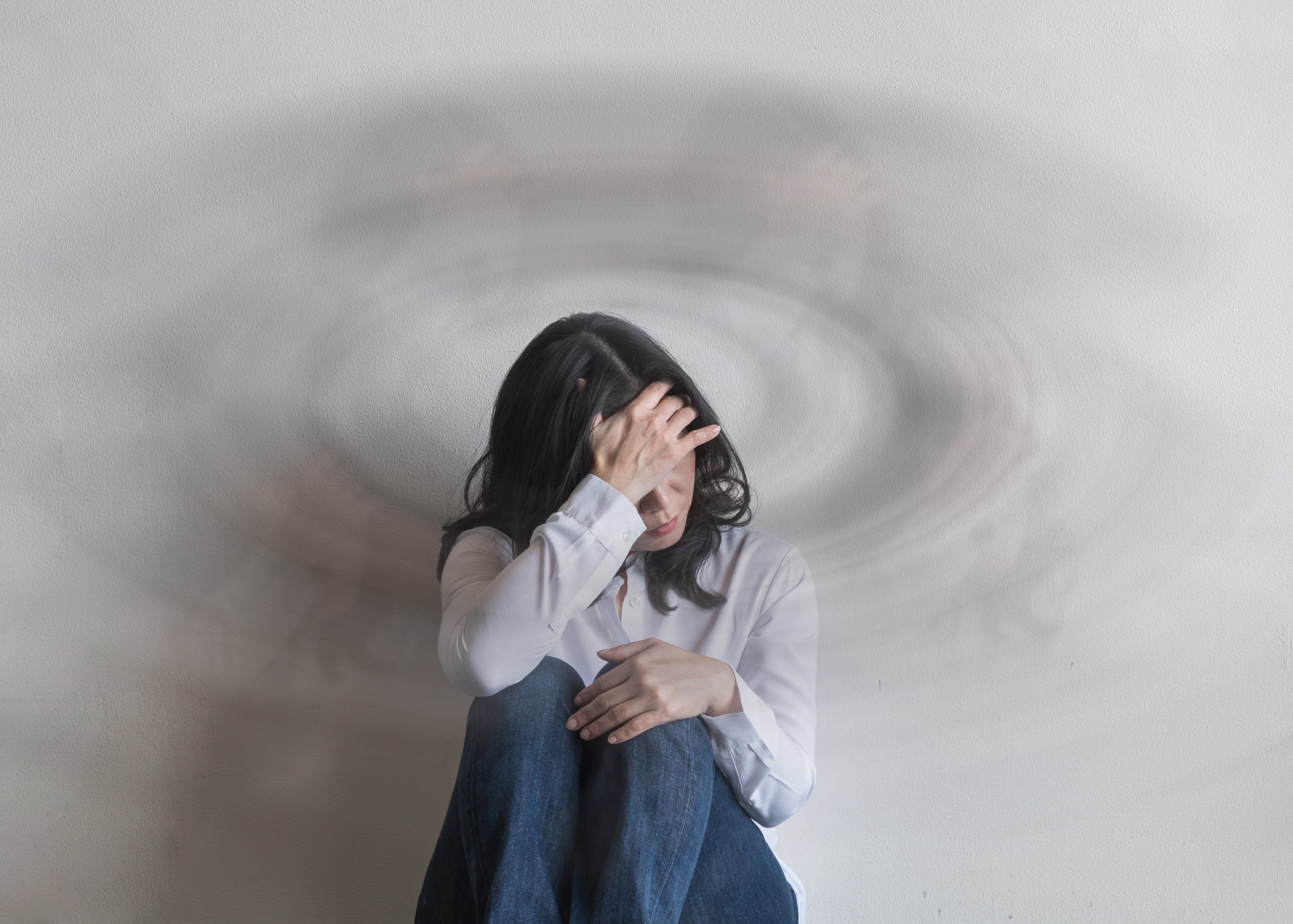Frequently Asked Questions
Stress can indeed contribute to or exacerbate vertigo in certain individuals. The body’s response to stress can affect the vestibular system, which regulates balance and spatial orientation. Elevated stress levels may heighten sensitivity to various stimuli, potentially leading to feelings of dizziness or vertigo. Additionally, stress often triggers muscle tension, impacting areas around the neck and head, which can influence the vestibular system and contribute to a sense of imbalance. Moreover, stress-related anxiety or panic attacks can manifest symptoms akin to vertigo, causing sensations of spinning or disorientation. While stress itself might not directly originate from inner ear issues, it can intensify symptoms for individuals with conditions like benign paroxysmal positional vertigo (BPPV), Meniere’s disease, or vestibular migraines. Managing stress through relaxation techniques, exercise, and seeking professional support can be beneficial in mitigating the frequency or intensity of vertigo episodes. Consulting with one of our professionals at Melody is advisable for proper evaluation and guidance if experiencing recurrent or severe vertigo.
Vertigo is characterized by a false sensation of movement, often described as a spinning or whirling feeling. It’s commonly associated with:
These symptoms can vary in intensity and duration and may occur suddenly or persistently. The triggers for vertigo can vary from inner ear issues like benign paroxysmal positional vertigo (BPPV) or Meniere’s disease to other causes such as vestibular migraines, inner ear infections, head injuries, or certain medications. If experiencing recurring or severe vertigo symptoms, seeking medical attention to identify the underlying cause and exploring appropriate treatment options is crucial.


Hearing Assessments

As hearing experts, we provide comprehensive testing and work with ENT specialists to ensure the care of your hearing health.
South Edmonton: 780-809-1349
St. Albert: 780-590-1349